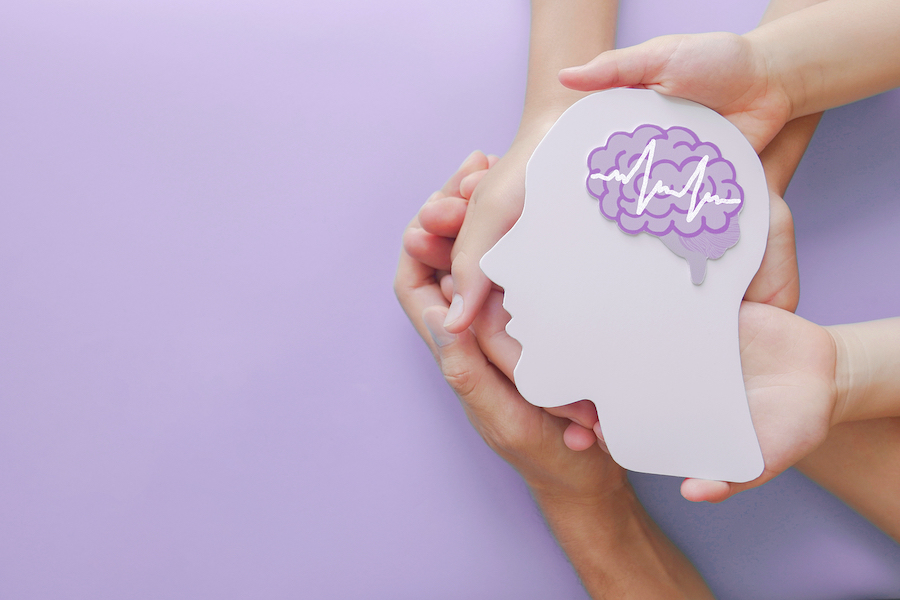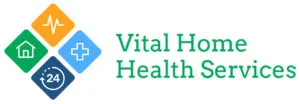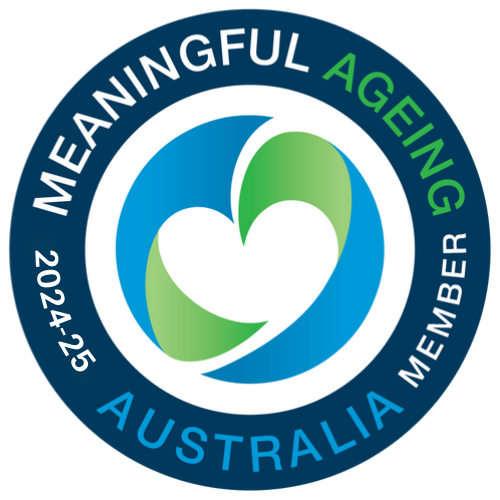Strokes are commonly associated with those over the age of around 65 as the risk increases with age. However, it’s important to note that strokes can and do happen earlier and earlier – making recognising the warning signs a life-saving piece of information that everyone could benefit from knowing since the faster you react and recognise a stroke, the better chance of reducing the amount of brain damage a stroke can cause.
Here are some of the stroke signs and other things to keep in mind.

What exactly is a stroke?
A stroke is caused when blood vessels travelling within the brain burst, or the pathway for blood vessels is blocked by a clot, stopping blood supply to the brain. When this happens, the area affected will become damaged and the tissue may even die. When a stroke occurs, time is of the essence, the quicker we react, the less damage is caused. Strokes can cause lasting brain damage, long term disability and in severe cases death. Therefore, it is of upmost importance to recognise them early.
Who is at risk for a stroke?
For the most part, strokes are more common the older we get. This being said, lifestyle factors can increase your chances of getting strokes. This therefore is an opportunity to partake in healthier lifestyle choices to reduce risk.
Lifestyle factors that contribute to risk of a stroke are:
The signs that someone is having a stroke
Below are the signs that someone may be experiencing a stroke:
A simple anecdote to remember is “Act F.A.S.T”. The letters each corresponding to a certain body part or symptom of a stroke – memorising this phrase will allow you to know exactly what to do in an emergency.
F – Face: Is the person able to smile or is one side of their face drooping?
A – Arms: When asked to raise their arms, is one arm dropping, unable to stay up?
S – Speech: Can the person repeat a simple phrase? Is the wording slurred or off?
T – Time: Time to act – if any of these signs are present, contact emergency services immediately.
You can learn more about signs of stroke via the Stroke Foundation website.
After a stroke
If a loved one or client has had a stroke recently, it’s important to retain patience and understanding as a loved one may endure depression and anxiety following a stroke. Their cognitive skills may not be the same either. Communication, spatial awareness, memory and concentration may all be affected by the stroke.
Whilst looking after your loved one, it’s important to ensure you are also getting enough self-care as caring for someone who needs it can be a tough job. Vital Home Health Services are available for respite care so that you can have additional support in your role as a carer as well as take some time off – we understand the challenges and stresses associated with long term care and are happy to help by offering our professional and experienced caring support staff to be able to give you the time to rest and recharge.
Find out more here.








